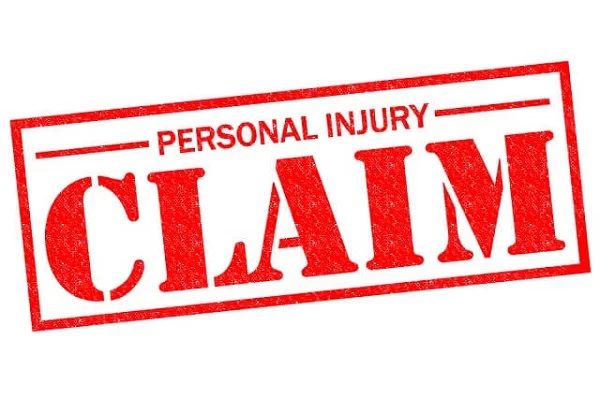
When you make a personal injury claim, or file a personal injury lawsuit, you put your life under a microscope. Your attorney will work very hard to make sure you receive full compensation for your injuries. The insurance adjuster or attorney who is defending the person or entity you are making a claim against or suing will work equally hard to make sure you do not. An easy and inexpensive way for them to do that is to use your own words and photographs against you. How do they do that? Two words: social media. If you use Facebook, Facebook Messenger, Instagram, Snapchat, YouTube, Twitter, Google+, Flikr, Tumblr, LinkedIn, Pinterest, or any other social networking site, defense attorneys and/or their employees will comb those sites for comments and photographs you have posted.
Think you are safe because you have activated privacy settings on those sites? Think again. Often, the privacy settings are complicated and you may not be as protected as you think. Also, defense attorneys can go to court and ask a judge for an order compelling your attorney to produce all of your posts, despite your privacy settings. Some judges will grant an order, and some will not. Why risk it? It is a much better idea not to post on social media at all while you are pursuing your claim or lawsuit. Most people are familiar with the criminal Miranda rights that are repeated regularly on television police shows. Remember the part about, “Anything you say can and will be used against you”? The same is true for social media posts. Things you think are harmless, may turn out to be harmful. For example, if you tell your doctor that because you are in pain, you go out less and are depressed, but then post a photograph of you at your nephew’s birthday party, a defense attorney will argue that you look happy in the photograph, seem to be going to parties, etc.
If staying off social media for several months gives you the cold sweats, and you absolutely know you cannot refrain, then be very careful. Before you post anything, think about how your words might be twisted and made to sound different. For example, you are having a good day although you are still in pain, and you write something like, “Feeling blessed, life is wonderful.” A defense attorney is going to use those words to argue you are fine, have not suffered, and do not need much money to be compensated for your injuries. Is that post worth the potential harm? Consider instead calling a friend or relative and just having a phone call about the fact that despite your pain, you are feeling grateful to be alive.
You have probably heard the saying, “A picture is worth a thousand words.” This is very true with personal injury claims and lawsuits. If you tell your doctor that because of your injuries you cannot lift anything heavy, but then post a picture of yourself holding a large box, even if there were only feathers in the box, a jury will see a picture of you holding a large box, and think maybe you were not being totally honest with your doctor. Why place yourself in the position of having to explain to a jury that the box was not heavy? Some jurors may believe you, but others might not.
Above all, do not ever post anything about your injuries, your claim or lawsuit, what your attorneys have told you, or anything negative or threatening about the person or entity against whom you are making a claim or suing. These type of posts will hurt your claim. Listen to your lawyer. That is why you hired a lawyer, and if things go well, why you will be paying your lawyer one-third or more of your recovery.
